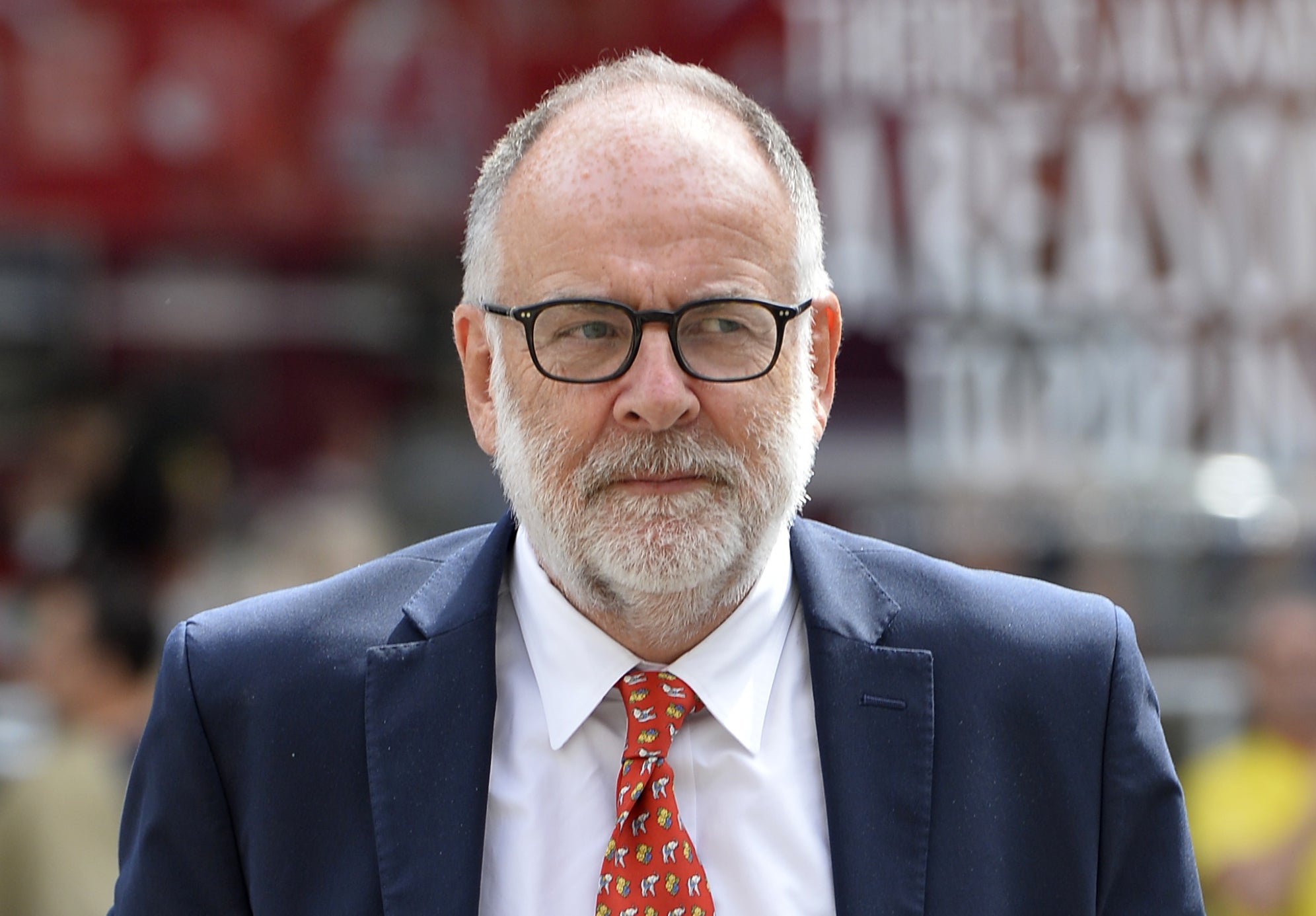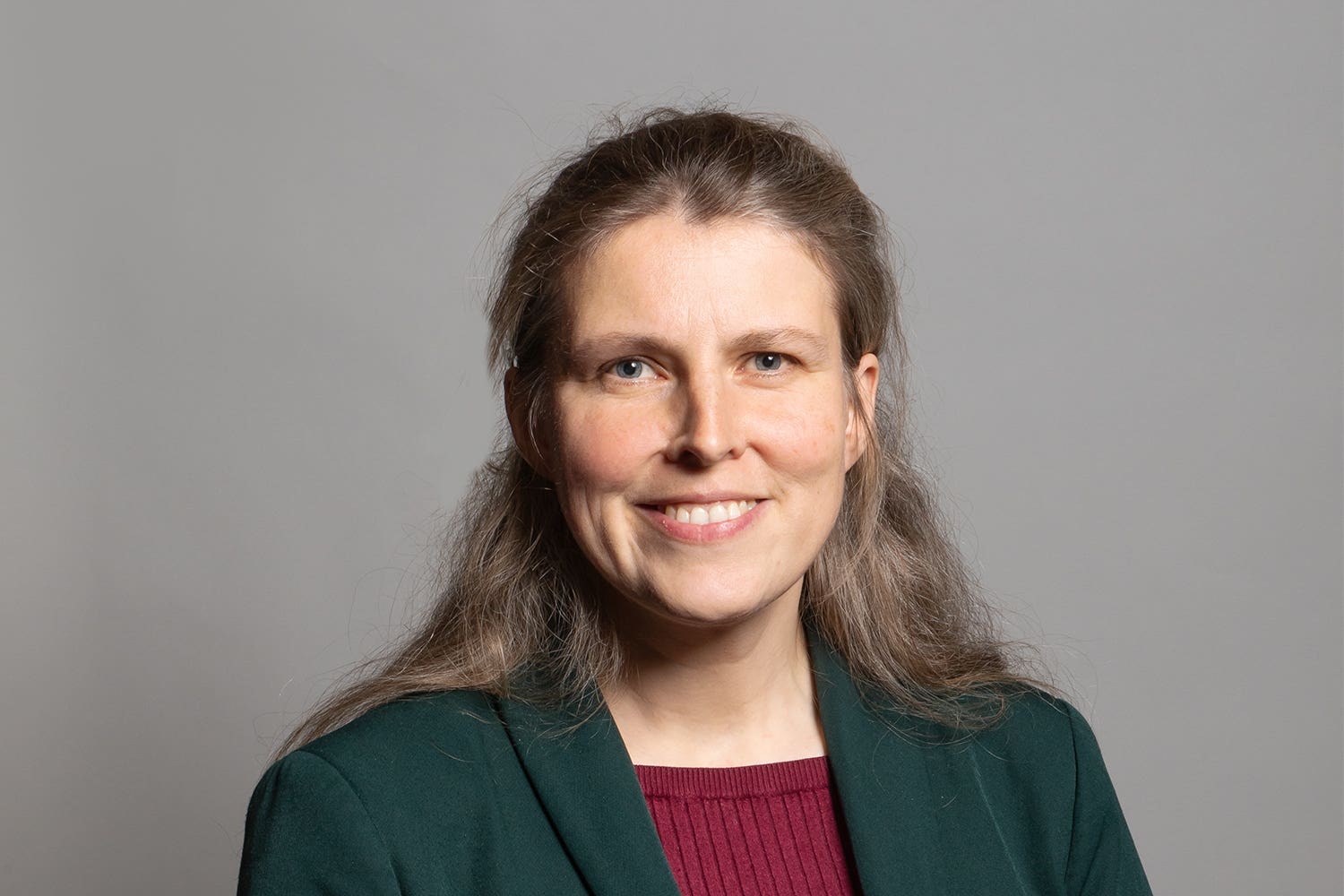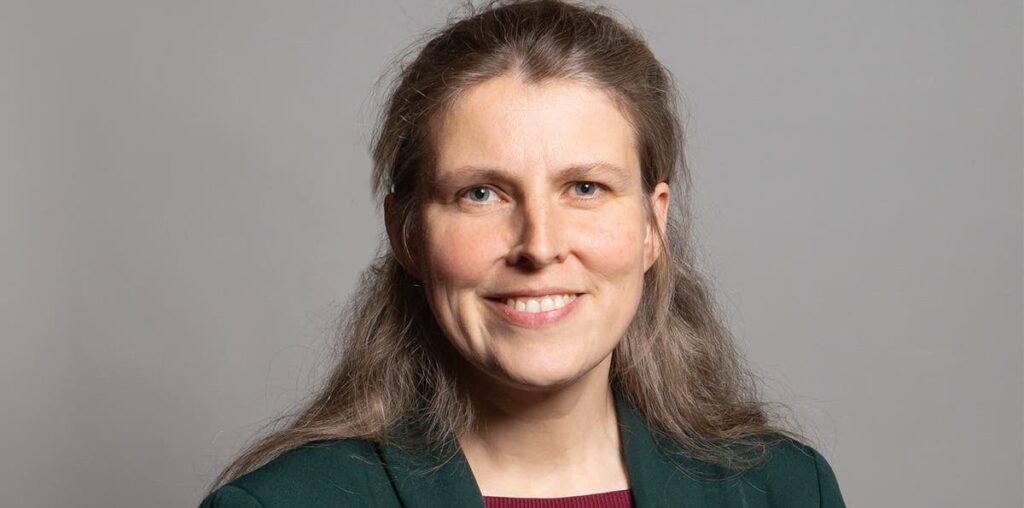Your support helps us to tell the story
From reproductive rights to climate change to Big Tech, The Independent is on the ground when the story is developing. Whether it’s investigating the financials of Elon Musk’s pro-Trump PAC or producing our latest documentary, ‘The A Word’, which shines a light on the American women fighting for reproductive rights, we know how important it is to parse out the facts from the messaging.
At such a critical moment in US history, we need reporters on the ground. Your donation allows us to keep sending journalists to speak to both sides of the story.
The Independent is trusted by Americans across the entire political spectrum. And unlike many other quality news outlets, we choose not to lock Americans out of our reporting and analysis with paywalls. We believe quality journalism should be available to everyone, paid for by those who can afford it.
Your support makes all the difference.
A bitter new Labour war of words erupted today over the role of religion in the plan to legalise assisted dying.
A senior Labour MP denounced Lord Falconer for saying justice secretary Shabana Mahmood was wrong to say she opposes the law change because it is against her Muslim faith.
Rachael Maskell, who also opposes assisted dying, called on Falconer to say sorry for his “offensive and discriminatory” comments.
Meanwhile, speaking to The Independent, former Labour health minister Ben Bradshaw accused Bishops in the Church of England of being “out of step with Anglicans”, criticising the church for “giving the impression that there is only one Christian view on assisted dying”.
Ms Maskell’s intervention came after Lord Falconer said cabinet ministers should not impose their religious beliefs on others in their objections to assisted dying.
Lord Falconer, an ally of Sir Keir Starmer, said the justice secretary had “religious and spiritual reasons” for being opposed to assisted dying.
“I think she’s motivated – and I respect this – by her religious beliefs. They shouldn’t be imposed on everybody else,” he added.
Asked today by the BBC to respond to Lord Falconer’s remarks, Ms Maskell, who has spoken in the past of her strong Christian faith, said: “I find it highly offensive and discriminatory… and he should apologise for making such comments.”
The row comes as temperatures are flaring on the Labour benches about the assisted dying bill, which MPs will vote on this Friday.
Sir Keir’s government is split on the move, with the prime minister choosing not to reveal how he will vote while health secretary Wes Streeting plans to oppose it.

And, in a letter to constituents revealed on Sunday, Ms Mahmood – the most senior Muslim politician in Britain – said she was “profoundly concerned” by the proposed legislation, ahead of a historic Commons vote this week.
She argued “the state should never offer death as a service”.
Polling guru Professor Sir John Curtice said on Monday that while surveys show consistent public backing for assisted dying, it has less support among those with religious views.
He said approximately two in three voters favour a change in the law with one in six against – with little change in polls over the last 40 years.
It meant assisted dying was “less controversial” than historic decisions to abolish capital punishment and legalise gay marriage where the public’s view at the time had not been not so clear.
Professor Curtice added: “It is fair to say that those with religious views, Christian, Muslim or whatever, are less keen on assisted dying than the rest of the population.”
Mr Bradshaw, who is a practicing Anglican, told The Independent that the decision of leading Christian figures to speak out on this topic “reflects repeated mistakes from church leadership on a whole range of issues”.
It comes after the Archbishop of Canterbury claimed the legalisation of assisted dying would be dangerous, suggesting it would lead to a slippery slope where more people would feel compelled to have their life ended medically.
“Whether its treatment of divorcees, women in the church, the role of LGBT people in the church – in every single instance, the church has been on the wrong side of history. For me, it’s the final straw”, Mr Bradshaw said.
“I just thought it was odd for the bishops to speak out so strongly on an issue where once again they’re so out of step with Anglicans as a whole.
“And not least – just a week after this major scandal exploded to rock the church of England, exposing the historic failure of the church leadership to deal with the problem of child abuse.”
While Mr Bradshaw said he, as a practicing Christian, believes in he sanctity of life, he said he sees nothing in church texts that “dictate that we should use all the wonders of modern science and medicine to keep people alive when they have a terminal illness and we should make them suffer.”
MPs are to vote on Friday on whether to allow assisted dying for the terminally ill.
It has been described as potentially the biggest change in Britain’s social laws since abortion was legalised in 1967.

With days to go before the historic vote, the result is on a knife-edge, with backers of the bill believing they have enough support, while opponents believe they may be able to block it.
In a significant intervention on Friday, Gordon Brown came out against the legislation, arguing instead for the establishment of a commission on improved palliative care.
Culture secretary Lisa Nandy, Work and Pensions secretary Liz Kendall, Northern Ireland Secretary Hilary Benn, Transport Secretary Louise Haigh and Energy Secretary Ed Miliband have all said they will back the law.
As well as Ms Mahmood and Mr Streeting, education secretary Bridget Phillipson and business secretary Jonathan Reynolds have said they will reject the legislation.
Many of those opposed to a law change have voiced concern about the potential for coercion and mission creep, and say the legislation has been rushed.
A group of group of 29 faith leaders united to oppose the Bill in joint letter on Sunday, saying they were “deeply concerned” that it could open up the possibility of “life-threatening abuse”.
Ms Leadbeater has described the Terminally Ill Adults (End of Life) Bill as the most “robust” in the world, with “three layers of scrutiny” in the form of a sign-off by two doctors and a High Court judge.
It would also make coercion an offence with a possible punishment of 14 years in jail.
The Bill, which covers England and Wales, states that only terminally-ill adults with under six months left to live and a settled wish to die would be eligible.
Lord Falconer was contacted for comment.

